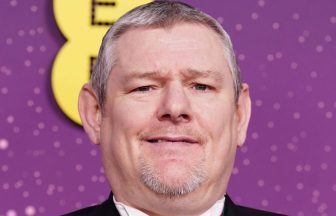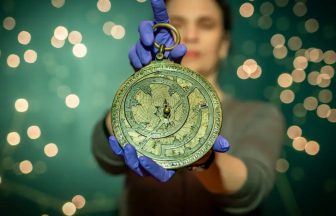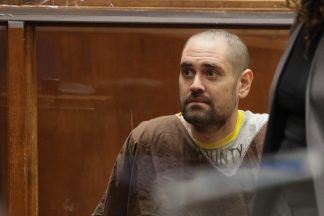Almost half of adults in Scotland with a neurological condition have experienced delays to access a routine appointment, according to a new study.
Research by the Neurological Alliance of Scotland also found that more than a third of adults (37%) waited more than a year for a diagnosis.
Meanwhile, nearly all children and young people (95%) and a majority of adults (80%) said that their neurological condition negatively impacts on their mental health.
The study also indicated that four in ten adults (40%) said that their mental health needs were not being met at all, whilst 55% of adults said they haven’t been asked about their mental wellbeing in the last three years.
And only 36% of adults and 26% of children and young people told the study that they ‘completely understood’ the explanation of their condition given at diagnosis.
In its findings, the report highlights the ‘profound impact’ of the coronavirus pandemic, whilst warning of a disproportionate impact of the cost-of-living crisis on those with neurological conditions.
The document also outlines that there is currently only one ME specialist nurse available in the whole of Scotland.
Alice Struthers, Neurological Alliance of Scotland programme director, said that it is “alarming” that most people with a neurological condition are unable to access the mental wellbeing support they need.
And she insisted that action must be taken to deliver care “seamlessly” between different parts of the health system in Scotland.
“One in six people live with a neurological condition, but we do not have the workforce or services in place to provide the support they need,” she said.
“Delays to treatment and care can change your life forever, and it is of huge concern that people living with a neurological condition in Scotland have experienced such lengthy delays for routine appointments.
“And it is alarming that most people with a neurological condition are unable to access the mental wellbeing support they need.
“Finding out that you have a neurological condition is scary and confusing, and receiving the right information and support can make a real difference.
“Action must be taken in Scotland to deliver care seamlessly between different parts of the health system, address the mental health crisis, and better understand the prevalence of neurological conditions so that we can create real and positive change for hundreds of thousands of people in Scotland.”
A Scottish Government spokesperson said that long waiting lists are “not acceptable” and offered their sympathies to those patients waiting for treatment.
“We are determined to improve the provision of neurological care, which is why we funded this important Patient Experience Survey from the Neurological Alliance Scotland. It is vital that people with neurological conditions feel enabled and involved in their care,” they said.
“Understanding the perspectives of those who access health care in Scotland will enable us to work together to identify good practice and drive up standards.
“Long waiting lists are not acceptable, and we offer our sympathies to all patients waiting for treatment. We are working closely with NHS Boards to get those waiting for treatment the care they need as quickly as possible. Throughout the pandemic, NHS Boards have ensured that urgent services have continued as usual.
“We are encouraged to see decreases in long waits for psychological therapies in Scotland, despite an increase in demand.
“We provided an additional £9m to NHS boards to address waiting lists for PT and NHS staff have worked hard to address the backlogs.
“Since 2007 psychology services staffing has doubled and we continue to support the creation of new posts.
“We will continue to support all boards to clear mental health backlogs and meet the waiting times standard by March 2023.
“We are currently refreshing our mental health strategy and are engaging with a range of organisations to help inform our approach. This will include engaging with Neurological Alliance of Scotland and Neuropsychological leads.”
Scottish Conservative mental wellbeing spokesperson Sue Webber insisted that those with neurological conditions should not have to “suffer in silence” and must be seen quickly.
“This survey paints an alarming picture for those with neurological conditions in Scotland and their ability to access mental health treatment system under the SNP,” she said.
“The vast majority of people living with neurological conditions say that their illness is impacting their mental health, yet these one million Scots are being badly let down.
“People with neurological conditions, such as cerebral palsy, stroke, dementia and epilepsy, should not have to suffer in silence, and must be seen quickly.
“The SNP must stop ignoring the needs of this significant group of the population and urgently act to ensure everyone in Scotland can easily and quickly access support for both their mental and physical health.”
Mia Granger, 18, Aberdeen
 Email
EmailGrowing up in Aberdeen, Mia was fit, happy and healthy.
She was on the Scottish Rhythmic Gymnastics Squad and competed around the UK, winning several medals.
At the age of 12, however, her life was turned upside down after being diagnosed with ME (myalgic encephalomyelitis), commonly known as chronic fatigue syndrome.
Mia would watch as her friends went on to college or jobs, whilst being unable to do so herself.
Now 18, Mia explains she has been left feeling “totally lost and devastated” following several visits to doctors and hospitals.
“Over the last six years I have missed out on schooling, had to give up my gymnastics, and have missed out on most things that teenage girls do,” she said.
“I’ve learned to try and manage according to what my body allows me to do.
“Throughout the years, we have found that there is no help or understanding for people suffering with ME.
“I have had several visits to doctors and hospitals and we have been left feeling totally lost and devastated. There has never been any empathy or help.
“We have had to try find alternative treatments and pay for them ourselves with just a little bit of hope each time that at that point it would ease my symptoms and pain even if just for a little while.”
Shannon Turnball, 26, Edinburgh
 Email
EmailHaving previously worked in retail, Shannon was diagnosed with relapsing-remitting MS in January this year.
She was hospitalised for three weeks and had little to no function of her left leg, as well as weakness in her ankle and knee cap.
After being discharged from hospital at the start of February, she was told that she would receive physiotherapy at home once a week.
However, that didn’t happen, with Shannon having to chase up the physiotherapy.
“I still haven’t received any physio since being discharged on February 3,” said Shannon.
“I have done a lot at home myself to get me to a stage of being able to take small steps – very wobbly – without aids.
“I’m very determined to gain as much leg function back as I can and, if I have to do it myself due to the NHS letting me down, then that’s what I’ll do as I don’t have much choice.”
She added: “My foot is still pretty weak and I walk with my foot at an angle rather than flat on the ground and I’m unable to straighten my leg when walking.
“I was without treatment for about eight weeks due to the pharmacist not delivering it, and I again had to chase this up.”
Donald MacPhee, 62, Renfrewshire
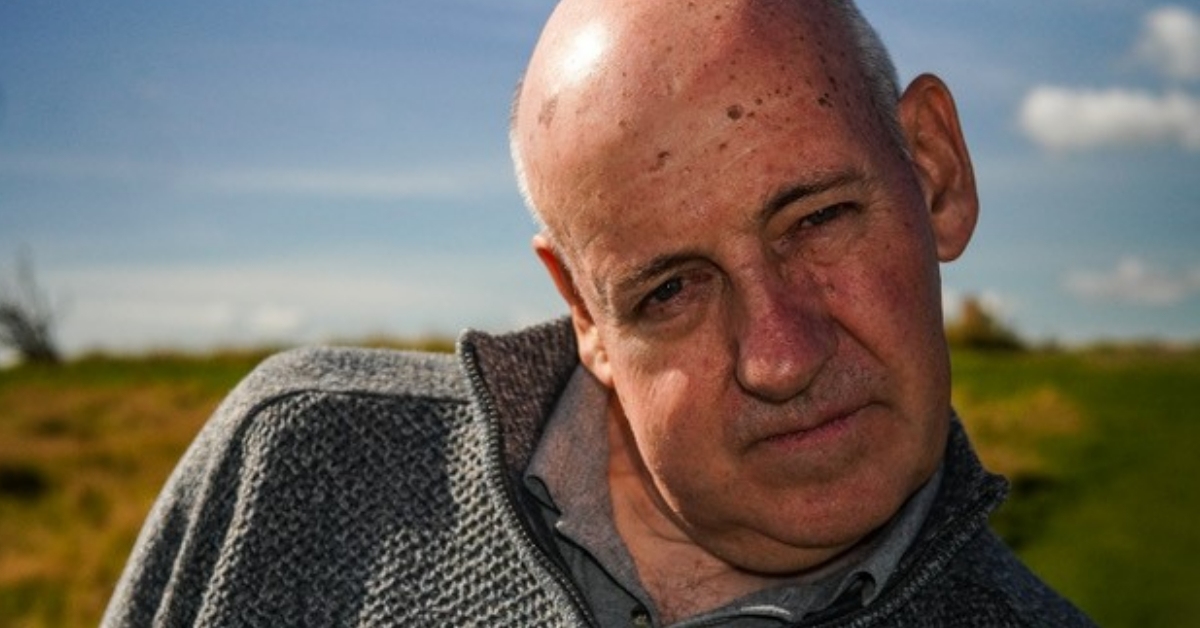 Email
EmailDonald, who works for Glasgow City Council as a Gaelic development officer, has had cervical dystonia for nearly 40 years, affecting his neck and shoulders.
He attends regular appointments for botulinum toxin injections which helps to relax his muscles and straighten the twist in his form.
Every three months, he also attends the National Hospital of Neurology and Neurosurgery in London for electromyographic guided injections.
However, he was unable to access GP and other services during the coronavirus pandemic and could not travel to London.
“I didn’t have access to the botulinum toxin injections that I used to have every three months because of restrictions on travel and hospital and GP services at that time,” he said.
“It meant that rather than getting my injections every 12 weeks I was waiting at least 26 weeks or more.
“My head is twisted over to the side and my shoulder comes up, and the injection is supposed to alleviate that to an extent – although it doesn’t take it all away.”
Donald explains that not having access to treatments made the difficulty of living with the Covid-19 pandemic even more difficult.
He said: “Not being able to have these appointments meant I was in more pain and discomfort than I would normally have.
“Before the pandemic I also saw a physio regularly, but I couldn’t go there for treatment for the best part of a year.
“The delays were quite considerable but thankfully things are beginning to open up more again.
“Covid generally was a very isolating experience for most people. Mentally it was tough and not having access to treatments definitely made a hard situation even more difficult.”
Tanya Tasker, 39, St Andrews
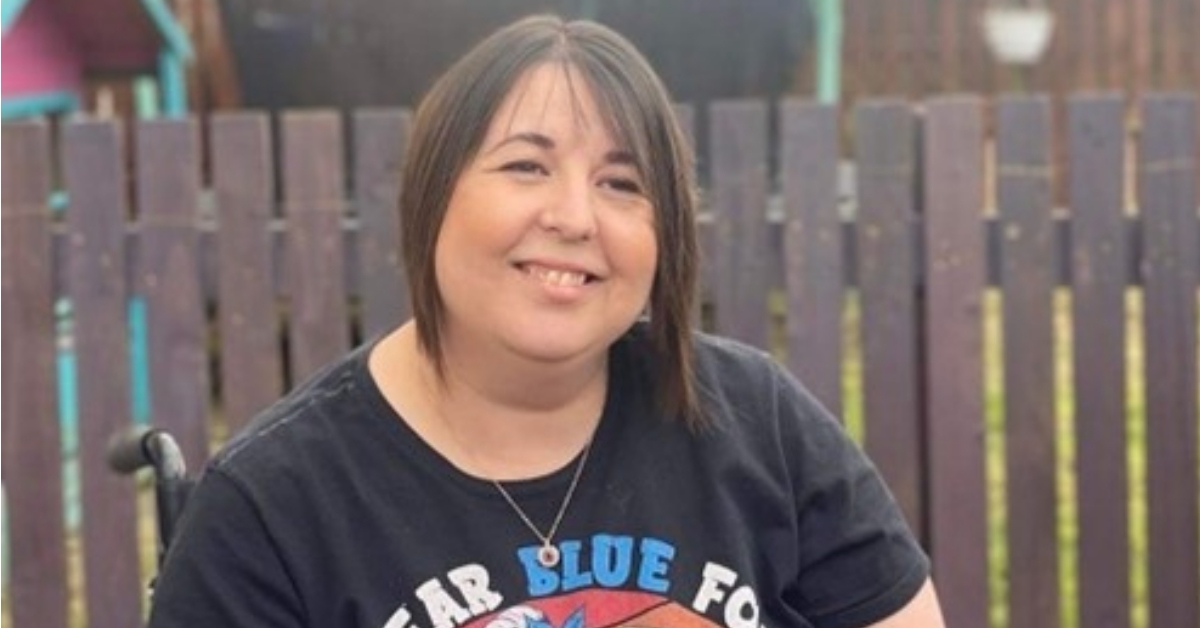 Email
EmailPreviously working as a nanny, Tanya had hoped to start a new job at a nursery when she was diagnosed with Cauda Equina Syndrome in March 2020 after suffering from severe pain.
She had an operation on her back as one of her discs had moved and was crushing her spinal nerve.
Tanya still has issues around going to the bathroom and has to use crutches to get around as she can only walk short distances.
She said that her husband had to give up one of his jobs to help care for her, with their lives having been “flipped upside down”.
“I have not seen my surgeon since my operation because of Covid-19. I struggled to get them to refer me to a Neuropsychologist as I was home and struggling badly with the way I now was,” Tanya explained.
“I did eventually get one but was by phone only because of Covid, along with physio. I got one closer to home who was my lifesaver as she then told me about all the help that was out there for me and reached out to so many of her colleagues to help me. This was about six months after my condition.
“My husband had to give up one of his jobs to help care for me as our whole lives had been flipped upside down and I needed help with everything personally and around the house.
“I use crutches around my house and I’m in a wheelchair outside as I can only walk a short distance and had to have a lot of adaptions around the house.”
Follow STV News on WhatsApp
Scan the QR code on your mobile device for all the latest news from around the country


 iStock
iStock





